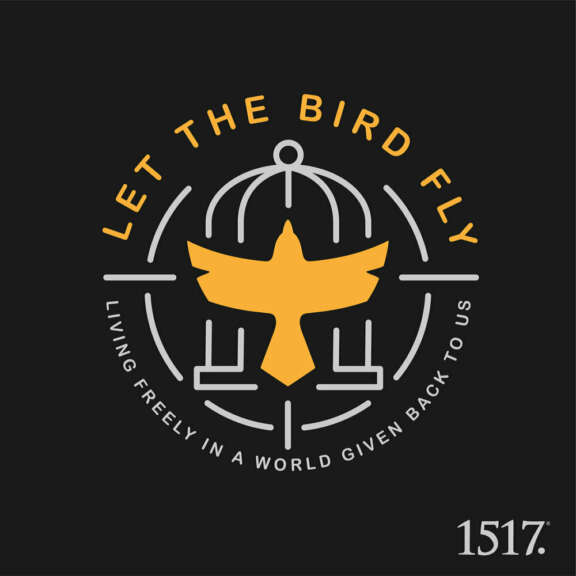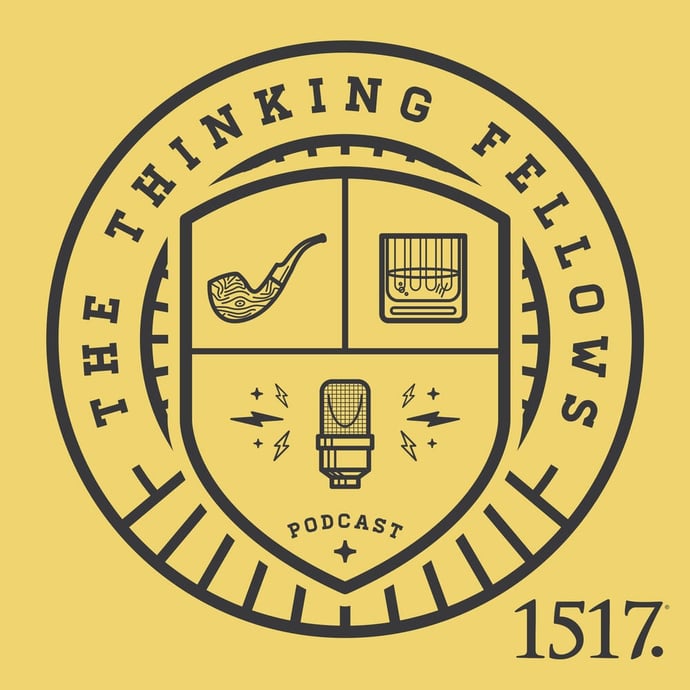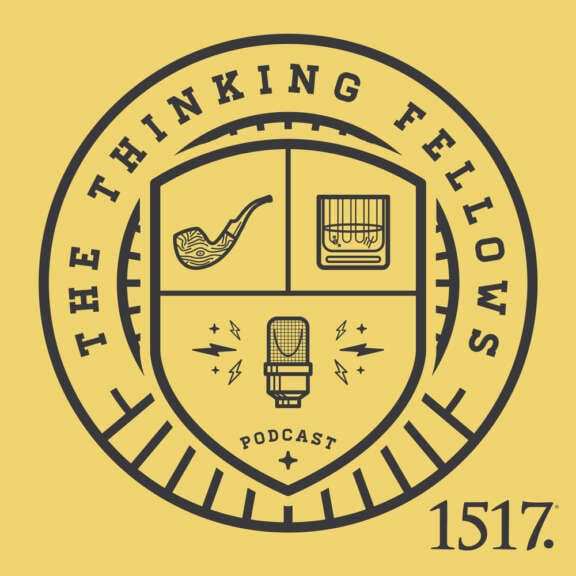We often hear people tell us to look inside of ourselves for goodness and for freedom, but is that how God really works? In this Minisode, Craig and Troy will talk about how God "delivers the goods" of salvation to you because of what He has done For You.
Podcasts
Each 1517 Podcast is dedicated to delivering Christ-centered content through weekly, monthly, and seasonal audio platforms. Listen online or on your favorite podcasting app.
Author
- All Authors
- Aaron Zimmerman
- Adam Francisco
- Amy Mantravadi
- Blake Flattley
- Bob Hiller
- Bradley Gray
- Brian W. Thomas
- Bror Erickson
- Bruce Hillman
- Caleb Keith
- Chad Bird
- Chris Rosebrough
- Christopher Gillespie
- Cindy Koch
- Craig Donofrio
- Dan van Voorhis
- Daniel Deen
- Daniel Emery Price
- Darrin Sheek
- David Andersen
- David Rufner
- David Zahl
- Debi Winrich
- Delwyn Campbell
- Donavon Riley
- Doug Klembara
- Edward Killian
- Elyse Fitzpatrick
- Erick Sorensen
- Flame
- Grant Klembara
- Gretchen Ronnevik
- Haroldo Camacho
- Jacob Smith
- Jared C. Wilson
- Jeff Mallinson
- Jeffrey Pulse
- Jessica Thompson
- Jim Nestingen
- Joel Fitzpatrick
- Joel Hess
- John Andrew Schreiner
- John Bombaro
- John T. Pless
- John W. Hoyum
- John Warwick Montgomery
- Katie Koplin
- Kelsi Klembara
- Ken Sundet Jones
- Magnus Persson
- Matt Popovits
- Michael Berg
- Michael Horton
- Nick Lannon
- Paul Koch
- Peter Nafzger
- Philip Bartelt
- Raleigh Sadler
- RJ Grunewald
- Robert Kolb
- Rod Rosenbladt
- Ron Hodel
- Sam Leanza Ortiz
- Sarah Condon
- Sarah Crowder
- Scott Davis
- Scott Keith
- Steven Paulson
- Tanner Olson
- Troy Neujahr
- Uwe Siemon-Netto
- Wade Johnston
- William Cwirla
-
We continue in the book of Romans as the Apostle Paul teaches us the effects of the law that cause us to see the need for the Gospel which sets us free. Craig and Troy talk about their sinfulness and their desperate need for the forgiveness of Jesus Christ, which He won For You from the cross and through the grave.
-
Daddy needs to discuss some law and grace.... Chicka-chickahhhhh! This week, Gillespie and Riley go live, reading, discussing, and responding to your questions and comments about Bunyan's writing on law and grace.
-
On this episode Wade and Dr. Keith square off over two influential characters in the early Reformation: Philip Melanchthon and Matthias Flacius Illyricus.
-
The Apostle Paul tells us that the Gospel is the power of God unto salvation. Can there be salvation without something to be saved from? Our sin is indeed great, but the forgiveness of our Savior is greater. It is the kindness of God that leads us to repentance. What does repentance mean? Join Craig and Troy as they talk about these topics and more on For You Radio. www.stjameslcms.church + www.stpeterslc.org
-
The series on the history of the Reformation comes to an end with a recap on the Formula of Concord and the beginnings of the Thirty Years War.
-
This episode of the Thinking Fellows focuses on the second generation of Lutheran reformers.
-
Between the years 1550 and 1560 the giants of the Reformation are dying. The Fellows discuss the political and theological turmoil that occurred as a result of the Smalcald war.
-
On this episode, the Fellows discuss the events leading up to and the fallout after Luther’s death.
-
Between the years 1550 and 1560 the giants of the Reformation are dying. The Fellows discuss the political and theological turmoil that occurred as a result of the Smalcald war.
-
The Fellows take a one week break from their series on the history of the Reformation to answer listener questions. The questions range all the way from the doctrine of Zwingli to apologetic responses to evolution.
-
The Thinking Fellows cover the major reformational events between 1535 and 1539.



